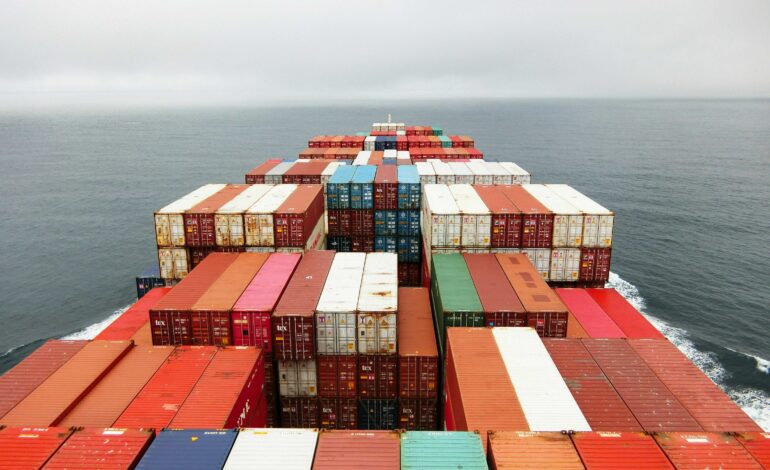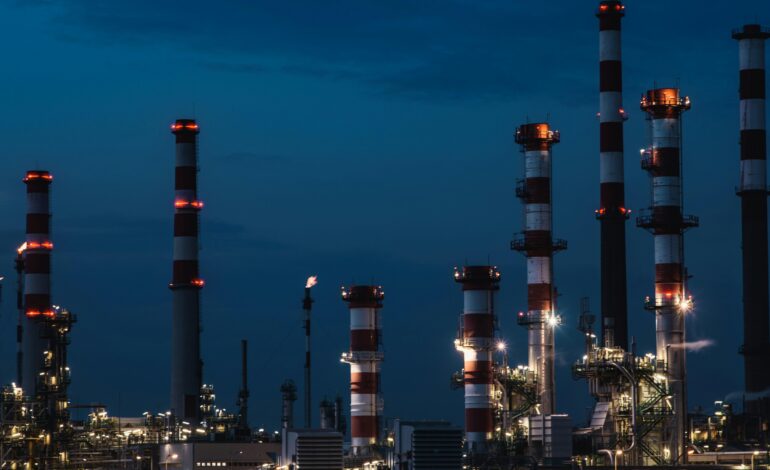
The Environmental Benefits of Scrubbers in Marine Vessels
Scrubbers, or exhaust gas cleaning systems, have emerged as a critical technology in the maritime industry aimed at reducing air pollution and improving environmental sustainability. This article explores the significant environmental benefits of scrubbers installed on marine vessels, highlighting their role in mitigating emissions and complying with international regulations while enhancing operational efficiency.
Understanding Scrubbers
Scrubbers are devices designed to clean exhaust gases generated by marine engines, particularly those burning heavy fuel oil (HFO), to meet regulatory requirements and environmental standards. They primarily target sulfur oxides (SOx), nitrogen oxides (NOx), particulate matter (PM), and other pollutants emitted during fuel combustion. Scrubbers operate through various methods, including seawater, freshwater, or hybrid systems, to remove pollutants before they are released into the atmosphere.
Environmental Benefits
- SOx Emission Reduction: Scrubbers significantly reduce sulfur dioxide (SO2) emissions by up to 98%, ensuring compliance with stringent sulfur content limits under international regulations like MARPOL Annex VI. This reduction helps mitigate acid rain formation and minimizes adverse health effects associated with SOx emissions.
- Particulate Matter Removal: Scrubbers effectively capture particulate matter, including fine particles and black carbon, which contribute to air pollution and pose risks to human health and the environment. By removing these particles, scrubbers contribute to cleaner air quality in port areas and along shipping routes.
- Contribution to Climate Change Mitigation: Scrubbers play a role in reducing greenhouse gas emissions indirectly by enabling vessels to continue using HFO while meeting emissions standards. This mitigates the pressure to switch immediately to lower-sulfur fuels, which may have their own environmental impacts, thus supporting a smoother transition towards cleaner energy alternatives.
- Water Pollution Control: Scrubber systems that use seawater undergo rigorous testing and treatment to ensure compliance with discharge regulations. Properly managed scrubber operations prevent marine pollution and protect aquatic ecosystems from harmful pollutants.
Operational and Economic Advantages
- Fuel Flexibility: Scrubbers allow vessels to continue using HFO, which is generally less expensive than low-sulfur alternatives like marine gas oil (MGO) or compliant fuels. This provides cost savings for ship operators while maintaining operational efficiency.
- Extended Compliance Period: Ships equipped with scrubbers can comply with sulfur emission regulations without immediately switching to more expensive low-sulfur fuels. This flexibility in compliance timelines supports smoother operational planning and cost management for vessel owners.
- Long-term Cost Efficiency: Despite initial installation costs, scrubbers offer long-term financial benefits through fuel savings and operational efficiencies, making them a viable investment for vessel operators committed to sustainable operations.
Challenges and Considerations
- Installation and Maintenance: Scrubber systems require initial capital investment and ongoing maintenance to ensure optimal performance and compliance with regulatory requirements.
- Regulatory Compliance: Compliance with discharge standards for washwater from scrubbers requires careful management and adherence to environmental regulations to prevent potential impacts on marine ecosystems.
- Technological Advancements: Continuous innovation in scrubber technology is essential to enhance efficiency, reduce energy consumption, and address operational challenges associated with varying fuel types and environmental conditions.
Conclusion
Scrubbers represent a crucial technology in the maritime industry’s efforts to reduce emissions and enhance environmental sustainability. By effectively removing harmful pollutants from exhaust gases, scrubbers not only contribute to cleaner air quality and climate change mitigation but also provide operational and economic benefits for vessel operators. As regulatory frameworks evolve and technological advancements continue, scrubbers will play a pivotal role in supporting the industry’s transition towards greener and more sustainable marine transportation solutions.





